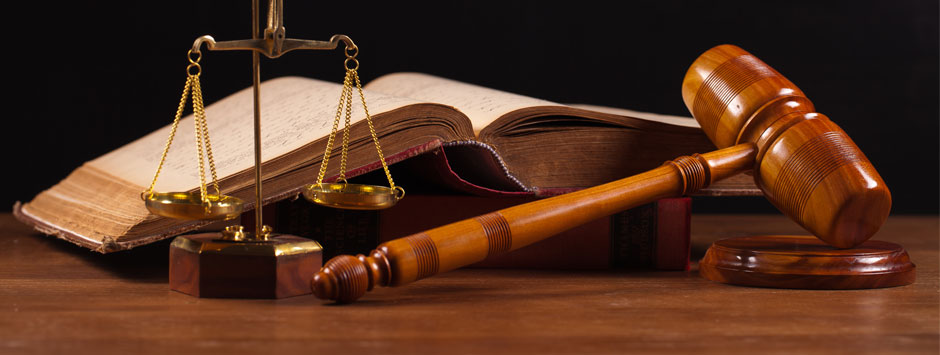Chapter 13 Bankruptcy vs. Debt Consolidation
Debt reorganization allows an individual to develop more manageable terms of repayment over a predetermined period of time. The two forms of debt reorganization are Chapter 13 Bankruptcy and Debt Consolidation. However, these two types of debt reorganization differ significantly. Through traditional debt consolidation, a consolidation agency assists with grouping someone’s debts into one loan. The consolidated loan will be paid over time at a rate negotiated or set by the consolidating agency. Traditional loan consolidation may be a great alternative to bankruptcy if you have disposable income and too much consumer debt. One advantage to traditional debt consolidation is the person consolidating the debt only pays one creditor instead of multiple creditors although the interest rate may be lower, the monthly payment may be larger, and the time period to pay the loan may be longer. Another advantage to traditional debt consolidation can be the lesser impact on your credit report. Although traditional debt consolidation can help you greatly, maintaining the same poor financial habits after the debt consolidation can worsen financial situation.
A Chapter 13 bankruptcy provides additional protections you cannot get from other debt reorganization programs. A Chapter 13 bankruptcy uses the power of the Federal Bankruptcy Code to protect you from creditors while you arrange your financial affairs and develop a plan to repay your debts. The protection remains in effect until your case is resolved in the Federal Court. Chapter 13 bankruptcy also offers another benefit. Unlike a traditional loan consolidation where all secured debts (loans on your home, car, or other collateralized loans) are treated equally, a Chapter 13 bankruptcy give priority to these secured debts allowing you to develop a creative solutions to payment plans to satisfy these debts.
Additionally, the Bankruptcy Courts will enter an “Order of Relief” to prevent creditors from harassing you in their attempts to collect payments from you. The “Order of Relief” can also stop a foreclosure, the repossession of any assets subject to the lenders security interest, or execution of some compilation judgments against you. Traditional debt consolidation does not provide you with an equivalent benefits or force your creditors to stop trying to collect on your debt.
It is important to understand, to dictate the proper course of action may require advice from an attorney based on your personal circumstances and the following considerations:
- Invoking Chapter 13 bankruptcy will give you between 3 and 5 years to complete repaying your debts under a new restructured plan of repayment. This can typically lower your payments by reducing the balances and the interest rate due. Under traditional consolidation loans, debt can be carried over for years without reducing the balance significantly.
- Chapter 13 bankruptcy requires no guarantee and protects your home from being at risk of repossession or foreclosure. Some debt consolidation programs may require you to post some kind of guarantee and typically they prefer your home if it has a good level of equity.
- Unclaimed debts are eliminated when you file Chapter 13 bankruptcy. Additionally all your creditors are required to file a proof of claim with the bankruptcy court, which they sometime opt to not file this claim for whatever reasons, thereby their claim completely. No other consolidation program can extend this type of benefit.
- In chapter 13 you can include tax arrears, mortgage arrears, child support and alimony payments, secured and unsecured debts all under the same plan providing you with the same level of protection from all creditors. Debt consolidation programs, however, will not be able to include all your debts as some programs only work with credit card debt, while a separate agency may specialize in tax debts.
Contact your attorney for more information and a personal consultation regarding your financial affairs. An attorney will help you chart a course and navigate through the financial pitfalls associated with reorganization plans.
Back to Bankruptcy
